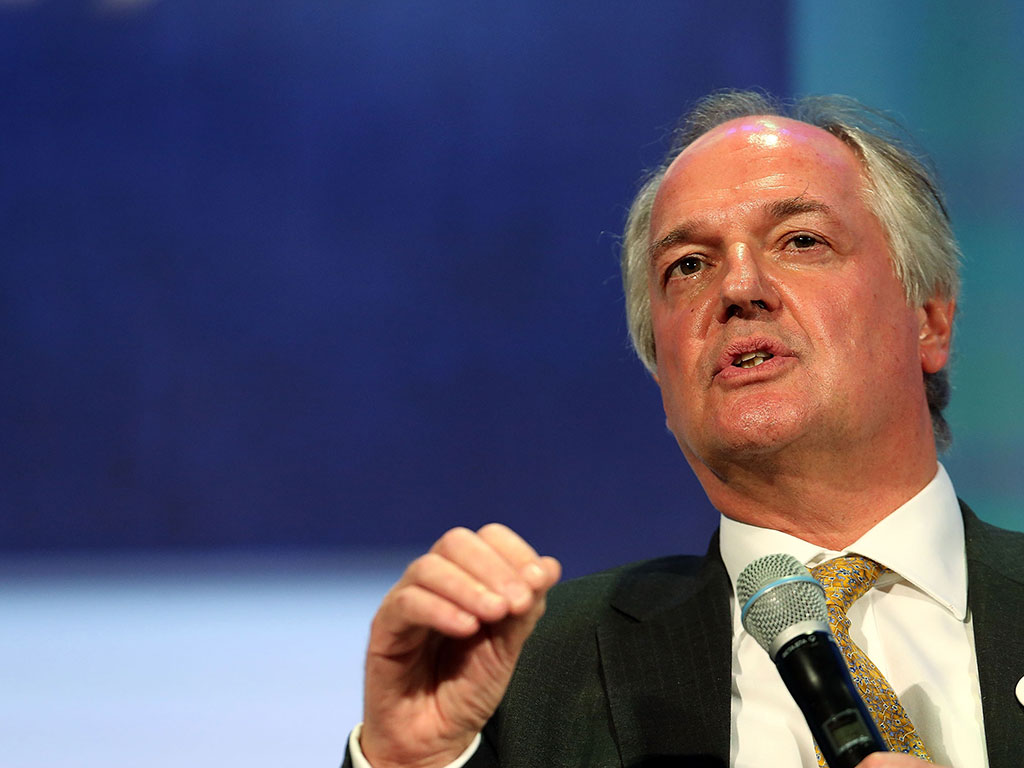
The CEO of global consumer brand Unilever, Paul Polman, has warned of “tougher market conditions and high volatility” in the coming year. Despite revealing a 4.1-percent increase in the group’s underlying sales for 2015, Polman explained that market difficulties lie ahead as a result of increasing geopolitical instability.
“Look at Europe. We move from the Greek crisis, to the Ukraine crisis, to the Spanish crisis, to the refugee [crisis]. Now we are creating a Polish crisis because they have different opinions, then we might get the Brexit or not”, said Polman, according to The Guardian. “So, we are basically moving from three-month crises to three-month crises. The longer-term issues that need to be addressed don’t get full attention – climate change, food security, unemployment, income disparity. If we want to make this world function, we obviously have to work on those issues for the long term at the same time as we deal with the short-term issues.”
Although Unilever’s pre-tax profits fell by 6 percent to €7.2bn in 2015, core profits from the sales of its Ragu sauce range increased by 12 percent from the previous year
Although Unilever’s pre-tax profits fell by 6 percent to €7.2bn in 2015, core profits from the sales of its Ragu sauce range increased by 12 percent from the previous year, boosting shares in the company by three percent.
The Anglo-Dutch group, which produces a wide array of household items, from Dove soap to Persil laundry detergent and Lipton tea, attributed the rise in its underlying sales to growing demand from emerging markets, which rose by 7.1 percent in revenue to €30.8bn. That said, emerging markets now account for an impressive 60 percent of Unilever’s sales – so, with sanctions still in place against Russia, as well as a downturn in both Brazil and China, concerns have been raised for the year ahead.
Across to Europe, sales for the consumer giant continue to disappoint, prompting a strategy of ‘premiumisation’, whereby premium ranges are added to well-known brands such as Dove in order to enhance profit margins.
Polman also revealed that the company would continue cutting jobs and costs in order to maintain a level of resilience in the tough times ahead.

